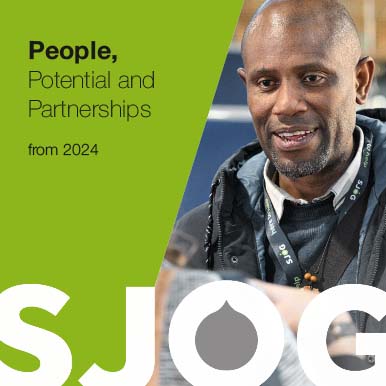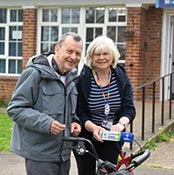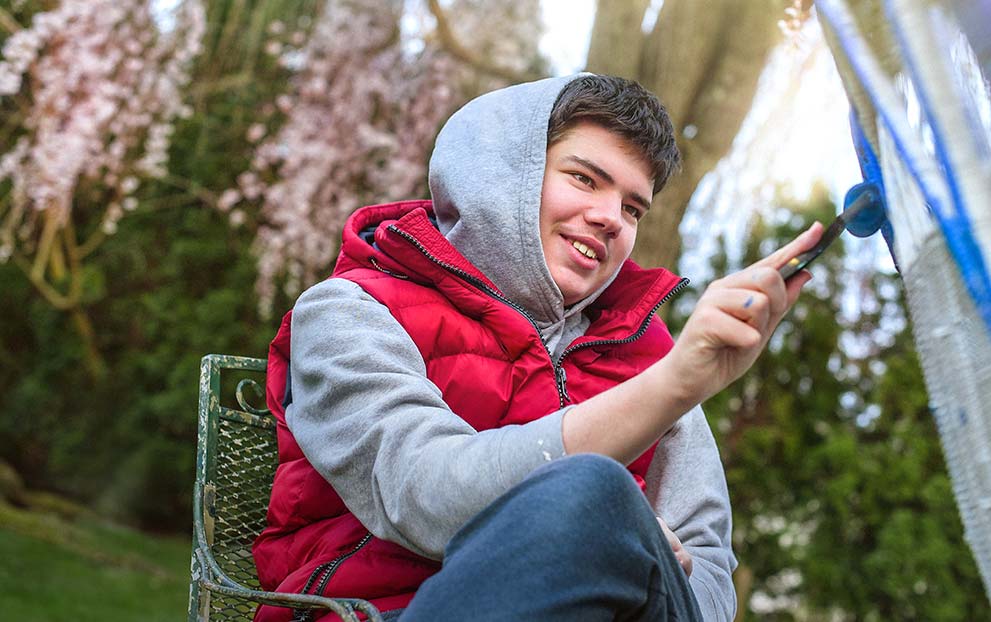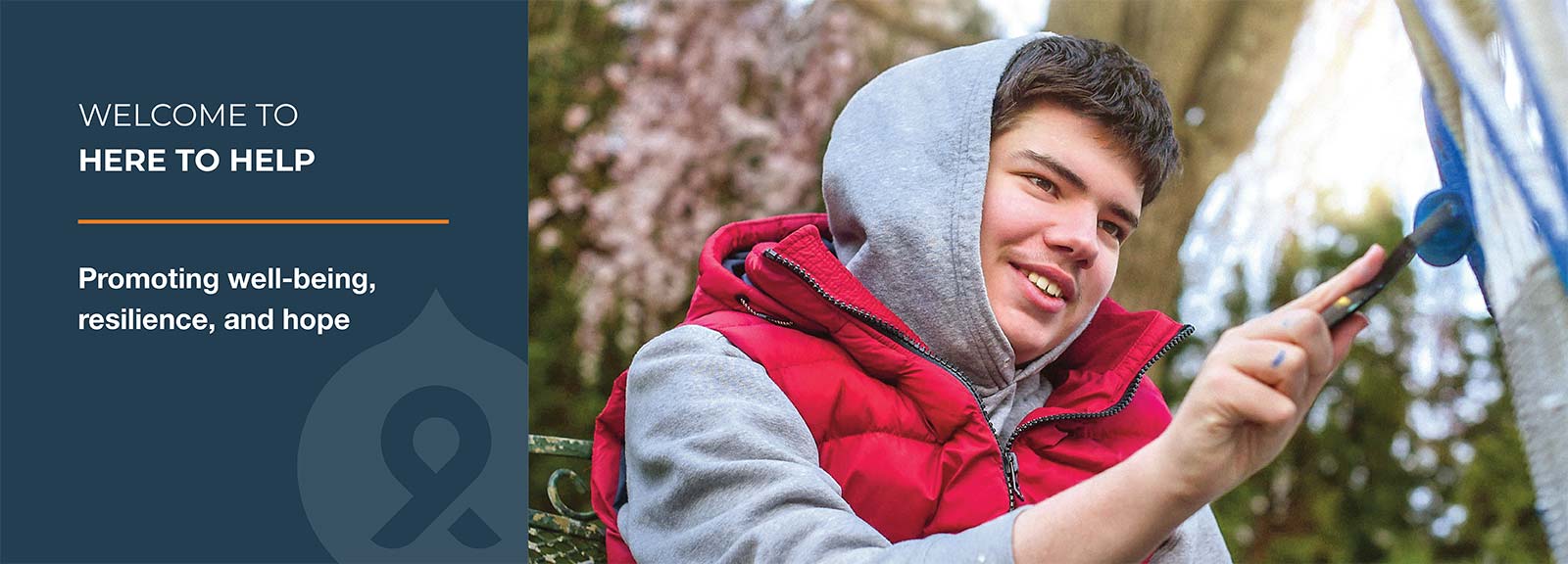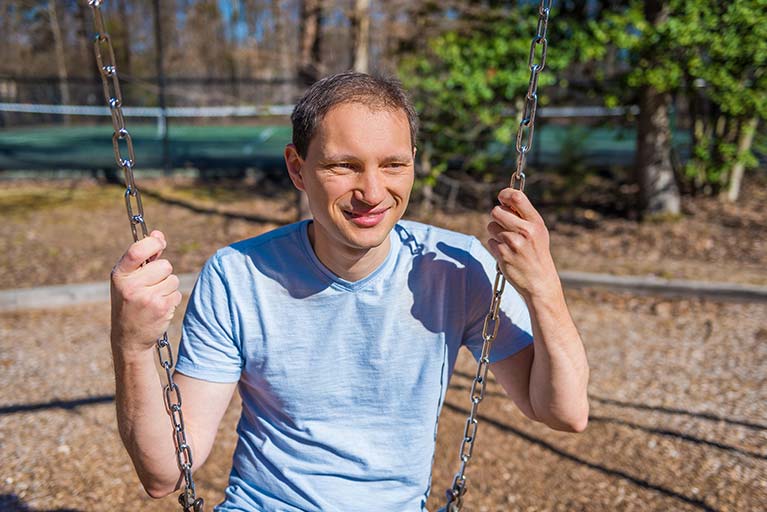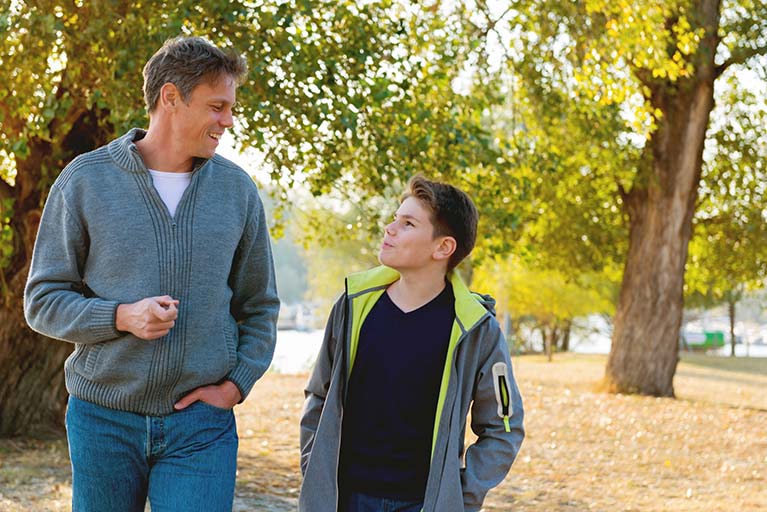Empowering neurodivergent people and people with disabilities through inclusive, compassionate support
What We Do
Through a range of creative and inclusive approaches, Here to Help supports neurodivergent people and people with learning disabilities, their families, and professionals. Whether through drop-in sessions, community events, or tailored workshops, we create safe, welcoming spaces where people can connect, express themselves, and feel understood. Every aspect of our work is grounded in lived experience and designed to foster meaningful connection and resilience.
Here to Help is dedicated to promoting well-being, resilience, and hope among neurodivergent people and people with learning disabilities
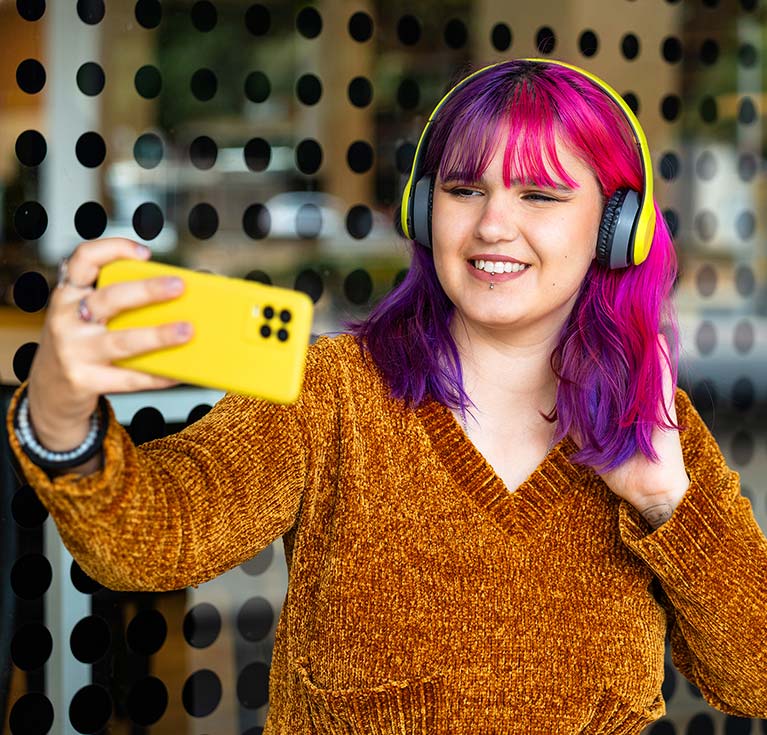
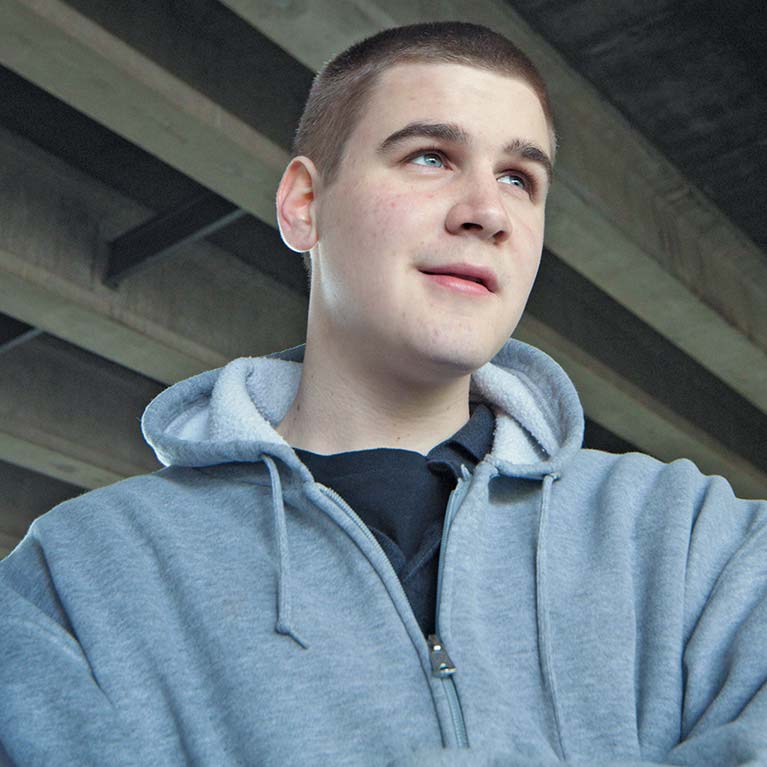
Background to Here to Help
Launched in 2024, the project successfully addressed critical gaps in mental health support for autistic people. Specifically, Here to Help had a significant impact on raising awareness and providing support on suicidality amongst autistic people.
Over 12 months, directly supported 1,085 autistic people and 204 family members through workshops and drop-in sessions. By March 2025, over 2,042 resources had been downloaded from the Here to Help website from the UK and beyond. Our training sessions engaged with over 1,730 professionals who may interact with autistic people.
Specifically, Here to Help had a significant impact on raising awareness and providing support.
We continue to build on this success.
At the heart of the Here to Help is a commitment to empower individuals and strengthen support networks.
Our Aim
To reduce the risk of suicide and improve mental well-being for neurodivergent people and people with learning disabilities by providing specialised resources, training, and community-based support.

We will do this by:
1. Raising Awareness
Shining a light on the unique mental health challenges faced by neurodivergent people and people
with learning disabilities, including increased risk of suicide.
2. Providing Training
Equipping families, friends, educators, and professionals with the tools they need to recognise
signs of distress and respond effectively.
3. Developing Accessible Resources
Offering a growing collection of user-friendly guides, toolkits, and digital content through our
dedicated web platform - designed specifically for neurodiverse audiences.
4. Fostering Community Support
Reducing isolation and build resilience through inclusive social activities and partnerships with
existing community programs.
5. Enhancing Access to Services
Working collaboratively with local councils, NHS trusts, and charities to improve pathways to
specialised care tailored to the needs of our community.
Our impact
Improved mental well-being and reduced suicide risk
Caregivers and professionals equipped with essential knowledge and skills
Strengthened community ties and increased social inclusion
Independent living supported through ongoing access to meaningful resources and community engagement

